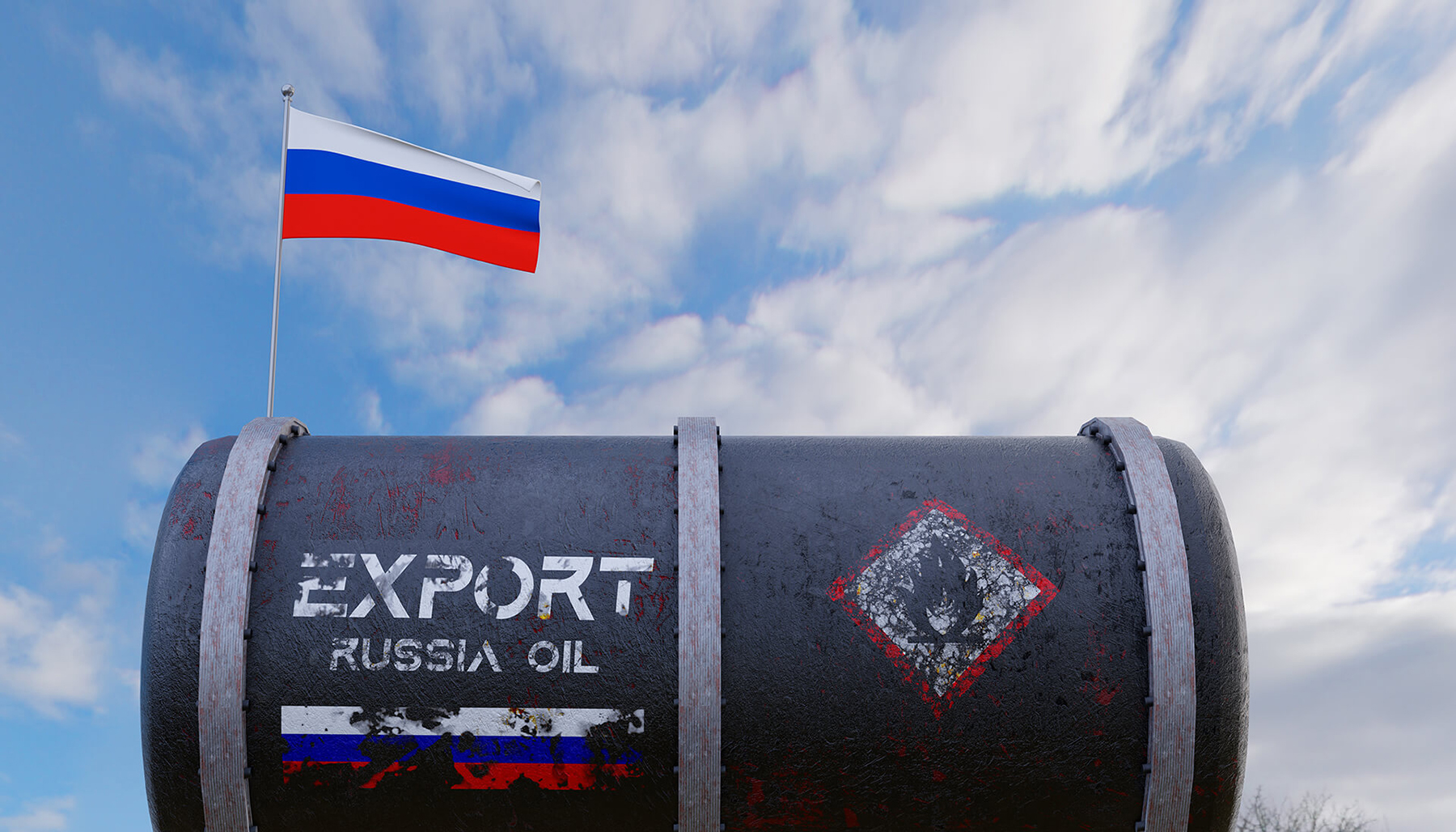Western allies purchased approximately $2 billion worth of fuel refined from Russian oil in the first half of 2024, thereby financing Russia's military operations in Ukraine, Politico reports.
According to Politico, the analysis, conducted jointly by the Center for Research on Energy and Clean Air and the Center for the Study of Democracy, reveals that a sanctions loophole has allowed Moscow to continue profiting from oil exports despite Western bans.
Western sanctions on Russian oil and fuel, implemented in response to Moscow's invasion of Ukraine, aimed to cut off a crucial revenue stream for the Kremlin. However, a significant loophole allows Western countries to import fuel refined from Russian oil in third countries, particularly Türkiye, effectively undermining the sanctions' intent.
The report, released on 17 September, highlights how three Turkish refineries have been processing Russian crude oil into gasoline, diesel, and other products, which are then legally imported by Western countries. This practice exploits what the authors call a "refining loophole" in the sanctions regime.
"When the EU imports gasoline from Türkiye, it is 10 percent cheaper than it would be from Saudi Arabia," said Vaibhav Raghunandan, an analyst with the Center for Research on Energy and Clean Air.
However, he notes that these savings do not benefit consumers: "Someone is making a killing from this trade, but it isn't ordinary people."
The analysis shows that Türkiye has significantly increased its purchases of Russian oil, with a 34 percent rise in 2023 and a striking 70 percent increase this year. According to the report, Türkiye has secured discounts of $5 to $20 per barrel from Moscow.
One of the refineries mentioned in the report, the Azerbaijan-owned Star Aegean, is reportedly 98 percent dependent on Russian crude. The report states that 73 percent of its supplies come from the US-sanctioned Russian energy giant Lukoil. Despite this, almost 90 percent of the refinery's output is sold to Western allies supporting Ukraine.
Martin Vladimirov, an energy expert at the Center for the Study of Democracy, argues that this practice "is a direct violation of the spirit of the sanctions law." The report recommends that "the EU and G7 countries should ban the import of oil products refined from Russian oil."
The analysis suggests that the tax revenues Moscow collects from these fuel sales could potentially fund the recruitment of an additional 6,200 soldiers per month for its operations in Ukraine.
Politico reports that neither the European Commission nor Türkiye's Ministry of Energy and Natural Resources responded to requests for comment on these findings.
Read also:
- Russian authorities report fire at fuel storage site in Belgorod Oblast
- UK intel: Ukrainian strike on ferry at Kavkaz port will force Russia to carry fuel across Kerch bridge
- Ukraine’s Millerovo airfield strike destroyed fuel base and hanger, satellite images show





